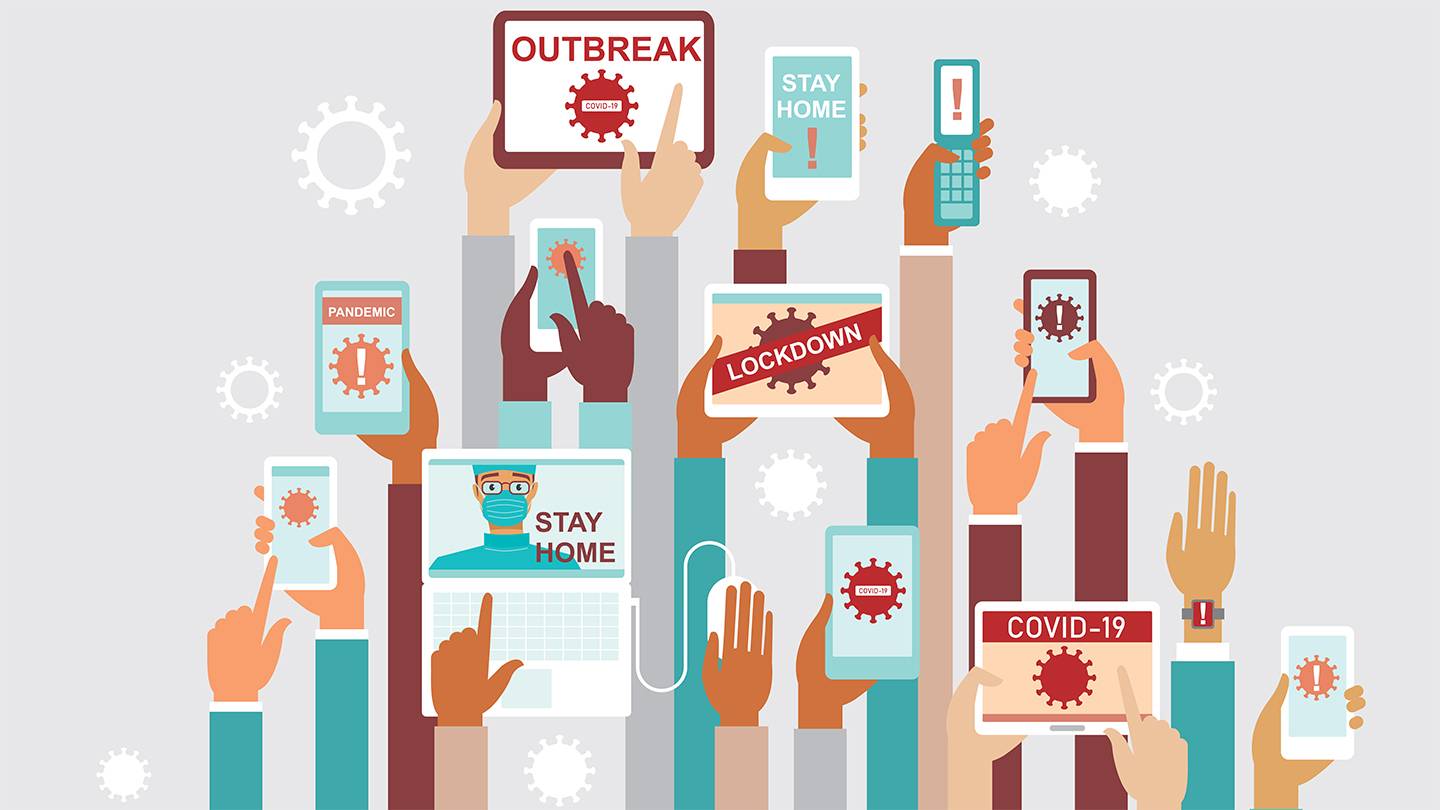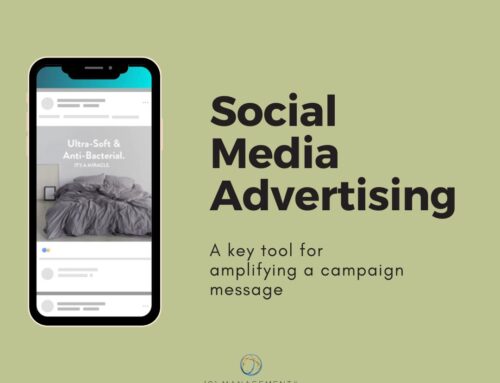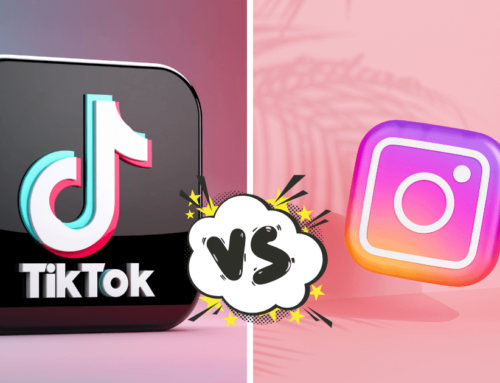These are scary times for everyone these days, whether because they’re worried about contracting COVID-19 or because they’re wondering whether they can sustain their business until things return to something resembling normal.
We have no doubt you’ve seen a huge difference in engagement from your social media fans in recent weeks. If so, you’re not alone. One recent survey found that engagement was down across the board, on every platform, and for every industry.
You’d think it would be the opposite, given that many people not only have more time to spend on social media but are looking for as much real-time information as they can find. But this pandemic is unprecedented, not only in the swiftness with which it has impacted businesses at every level but in the way it has touched every person in the country one way or another.
Here are two ways you can adapt your social media marketing to this new reality.
- Acknowledge the zeitgeist
First of all, it’s important to moderate the tone of your social media posts. No one is feeling especially frivolous right now (influencer engagement rates have plunged since this began a few weeks ago), so you need to adapt your marketing message accordingly.
To illustrate what we mean, watch any ad online or especially on television from any of the big brands, and you’ll quickly see how their major advertising agencies have pivoted to embrace the presence of the pandemic: soothing music, slow, restrained images, and a mellow voice affirming how their product or service understands what you’re going through in these stressful times.
If ever there was a time to think outside the marketing box, this is it. Acknowledge what’s on everyone’s mind and find a way to connect your brand to it. For example:
- Ford pulled its regular vehicle ads in favor of two new ones. One recaps its 100-year history of building tanks and planes during wartime, highlighting how it’s always served the country in times of need. Another touts its payment flexibility for those in financial difficulty.
- Chick-Fil-A quietly mentions they have take-out and delivery service available, and ends with the tagline, “Meanwhile, let’s all take care of each other.”
- Amazon’s business has soared since the pandemic, requiring them to hire 100,000 more employees nationwide. But instead of pushing customers to buy more, it is currently running an ad in which their logo introduces a Red Cross public service announcement asking for blood donations.
Note how these companies and others have avoided being seen as capitalizing on catastrophe.
If they can’t find a way to tie their product to something you need right now, they’ll often just offer words of encouragement or comfort. Or, they might take the time to thank their employees, or the medical community, or grocery store workers, or truck drivers.
It’s called brand awareness, keeping their brand in your thoughts while toning down the usual hard sell in favor of a softer approach.
- Listen in, then respond
The best way to engage your fans is to talk about what they want to talk about. Of course Topic One (and Only) is the coronavirus, but what are their specific concerns: that their grandparents will catch it and not survive? that they can’t afford their rent? that their kids/spouse are driving them crazy? that they miss shopping or partying with friends? that they can’t find toilet paper anywhere?
Use these concerns to generate helpful content that responds to what’s on their minds.
- Worried about their grandparents? Post links to stories of much older people who’ve survived the infection.
- They can’t afford their rent? Provide info about federal, state, or local assistance.
- They can’t find toilet paper? If you hear of a place that has it in stock, let them know. Or suggest alternatives, like quick-install bidets.
If instead of overt selling you offer empathy, authenticity, and a measure of hope, your fans will remember you were there for them, which can’t help but be a plus for your brand in the long run.
And if your business has been mostly in-person up to now, this is an ideal time to turn more toward digital marketing. Our experts can assist you in making that transition, as well as help to shape your brand’s message in these challenging times. Please let us know if we can help you to adapt or refine your current social media marketing.










Leave A Comment